
Innovative Agricultural Practices
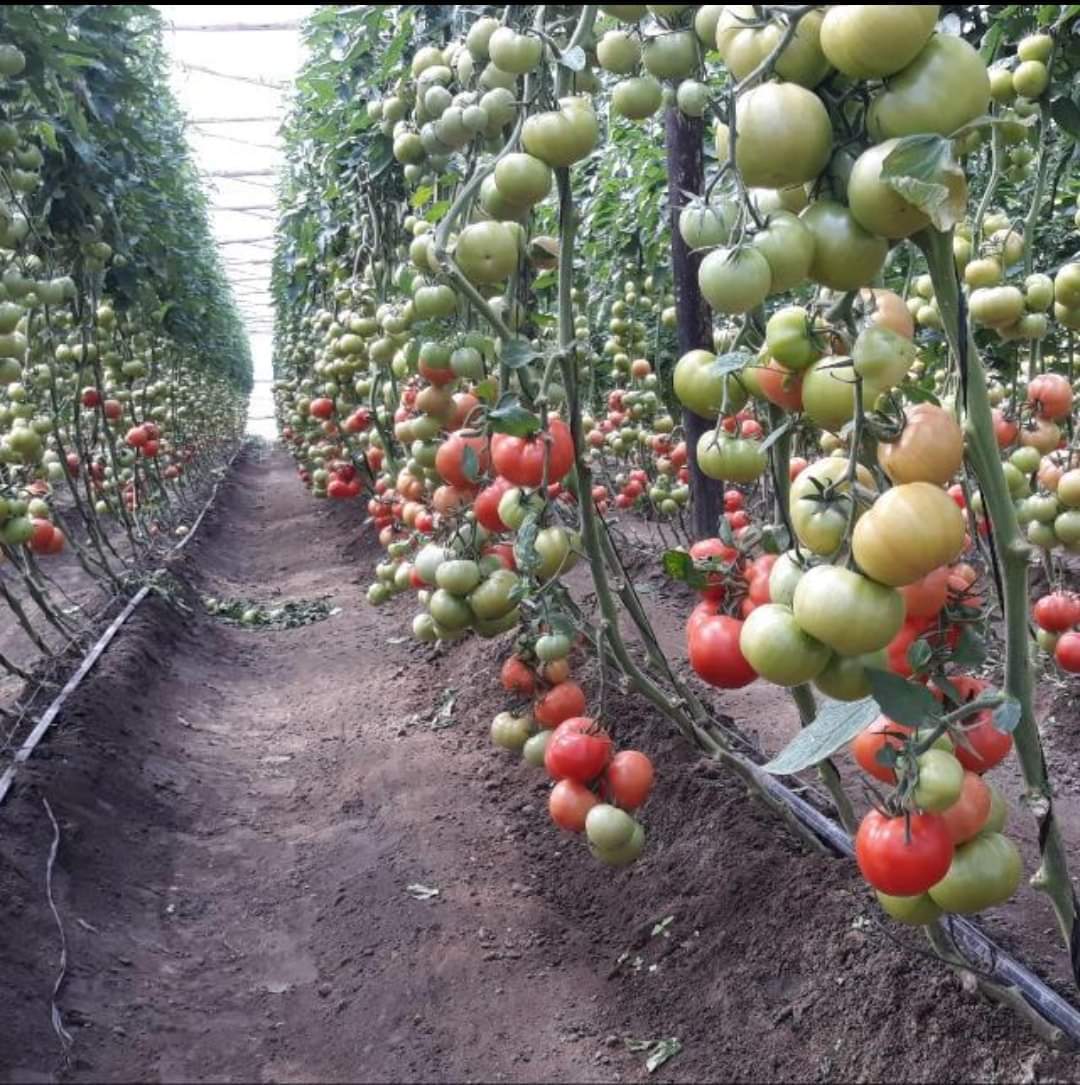
Green House And Urban Agriculture
Utilizing unused urban land and underutilized backyard spaces can generate additional income. NOMA trains women and youth in greenhouse farming, enabling stay-at-home mothers and young people to become productive growers and enhance household food security.
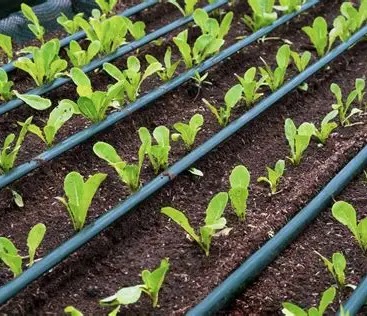
Drip Irrigation
Water scarcity and inefficient irrigation methods pose significant challenges for farmers. NOMA implements drip irrigation as a smart farming technique in greenhouses. This system delivers water directly to plant roots, conserving resources, improving yields, and facilitating year-round production, even during dry seasons. Through these initiatives, NOMA is committed to enhancing the capabilities and livelihoods of smallholder farmers. These systems are semi-mechanized and can be easily fabricated locally, ensuring precision, improving crop population, cutting input costs, and increasing farm income.
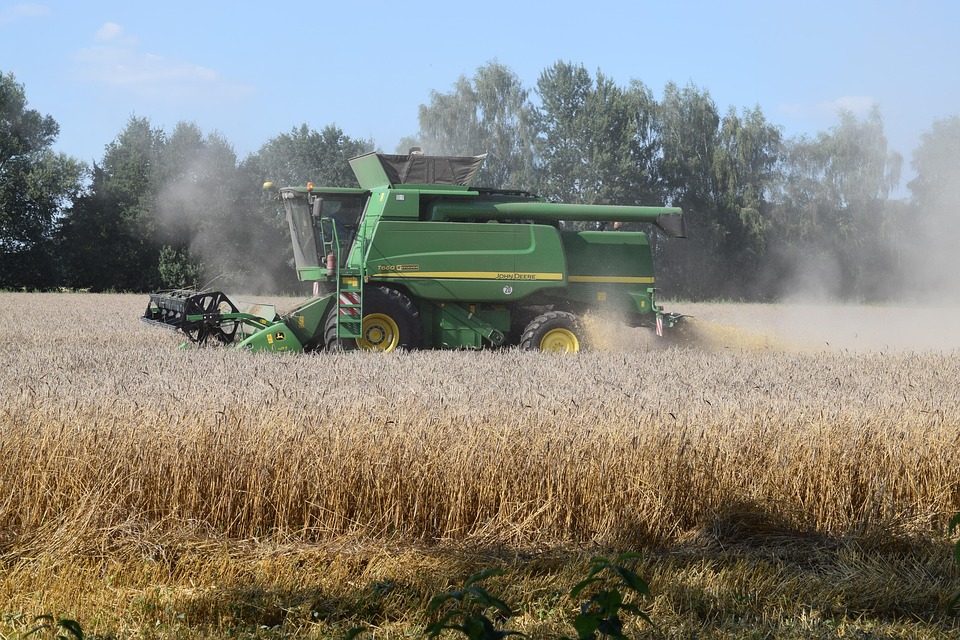
Mechanized Harvesting
Smallholder farmers often rely on manual harvesting, which can be slow, costly, and may result in significant losses. NOMA addresses these challenges by promoting farmer clustering and enabling access to simple threshers and combine harvesters. This approach reduces waste, theft, and post-harvest losses, ultimately helping farmers increase their income. NOMA meets the needs of smallholder farmers by providing access to modern farming tools through a cooperative clustering model. We offer affordable mechanized solutions that enhance efficiency, reduce losses, save time, improve yields, and increase farmers' incomes across various stages of farming, including land preparation, planting, harvesting, and greenhouse farming.
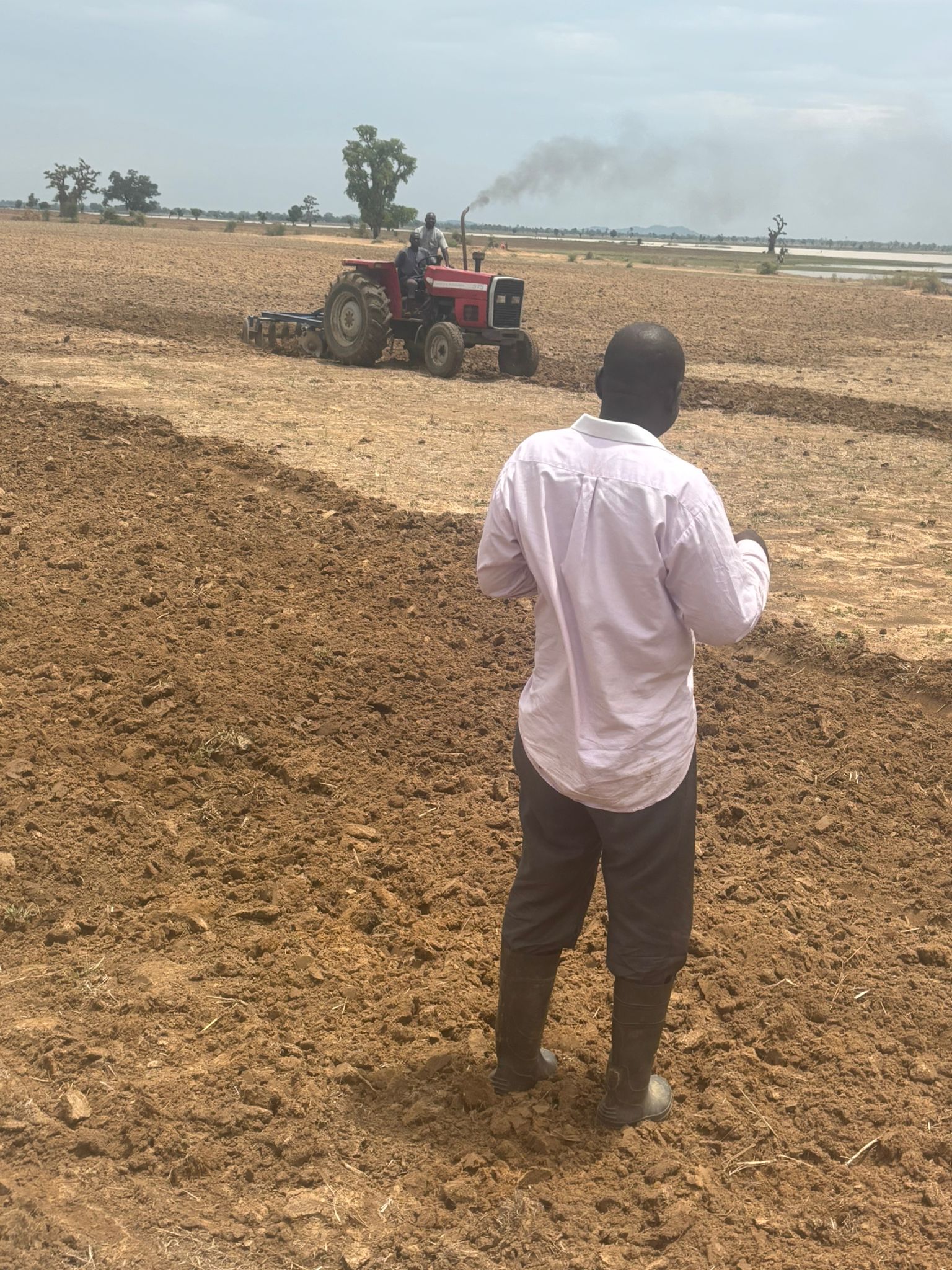
Land Preparation
Manual plowing and using bulls restrict farm efficiency. NOMA’s tractor-sharing model allows smallholder farmers to prepare land more quickly, at a lower cost, and on a larger scale, thereby improving productivity from the very beginning of the season.
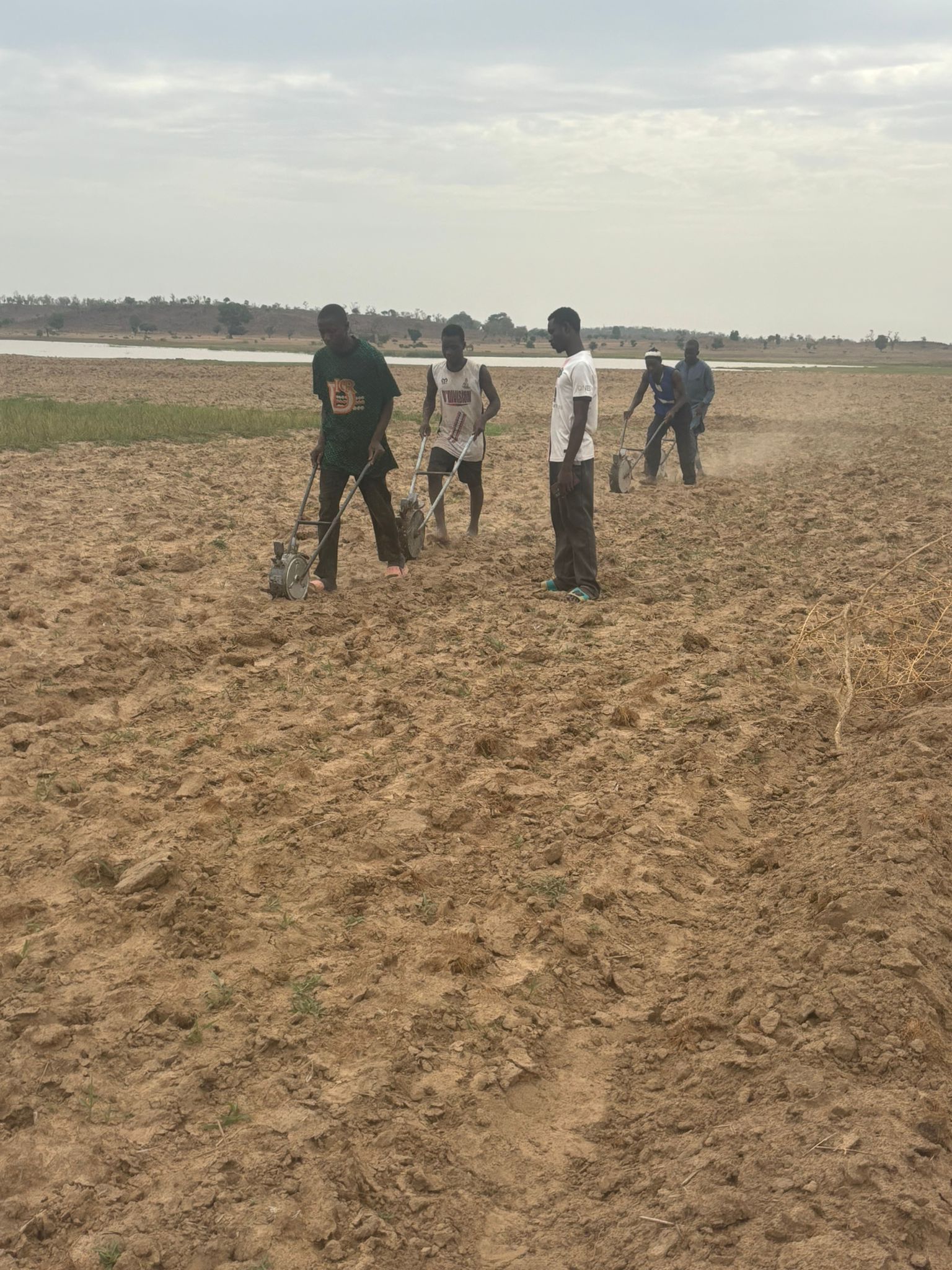
Planter Usage
Traditional manual planting can waste seeds and reduce yields due to improper spacing. NOMA promotes the use of mechanized planters, particularly manual planters. Additionally, we have improved the skills of our program beneficiaries since the beginning of the intervention, enabling them to effectively and efficiently utilize resources related to agro-inputs, smart agriculture, and climate change adaptation, which ensures high productivity. Our approach focuses on implementing mechanized farming techniques specifically designed for smallholder farmers. These methods aim to enhance efficiency, increase productivity, and improve overall farming practices, making them more sustainable and profitable for small-scale agricultural operations.